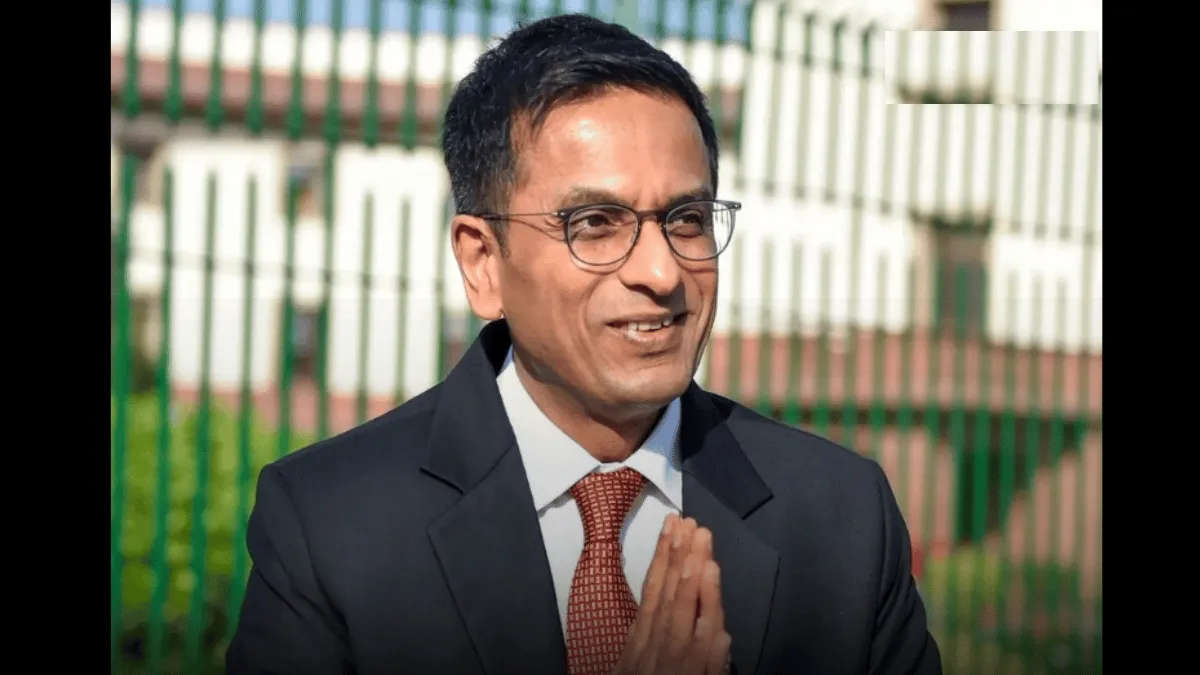- By Nidhi Giri
- Sat, 12 Oct 2024 06:03 PM (IST)
- Source:JND
Chief Justice of India DY Chandrachud responded to the criticism directed at judges for being "unelected and unaccountable", and said that judges are obligated by the constitution of the country to ensure fair trial and protection of citizen's rights, even if they are not elected like political leaders. He added that that public trust applies to judges differently from other wings of the government.The remark came in response to the "tyranny of the unelected and unaccountable" jibe, which was repeatedly used to criticize the top court when it cancelled the irregular allocations of 2G spectrum and coal blocks by the UPA government, as well as when it rejected the National Judicial Appointments Commission (NJAC) established by the NDA government.
CJI Chandrachud was addressing the Jigme Singye Wangchuk lecture in Bhutan. He said that the MPs, judges, and governments only hold constitutional authority as representatives and trustees of the people.
"Public trust is central to the credibility of the judicial branch, which is otherwise insulated from public opinion in its operations - as it must be. Yet our insulation, which is intrinsic to our independence, provides a crucial need and justification for ensuring public trust in our functioning," the publication quoted him as saying.
CJI highlighted how the political executive, who are directly elected by the people, are authorized to decide how resources are distributed. Meanwhile, it is the judiciary's responsibility to ensure that such distribution is fair and balanced.
READ MORE: Why Mysore-Darbhanga Bagmati Express Collided With Goods Train? Officials Reveal Cause Of Accident
"We are not elected representatives. Public trust applies to us differently from other wings of the government," CJI said as quoted by TOI.
The CJI further added that the public's trust is crucial to the reliability and credibility of the judges and the department they represent.

